On the morning of May 27, Associate Professor Nguyen Lan Hieu, Director of Hanoi Medical University Hospital and Binh Duong General Hospital, answered VnExpress about the proposal to declare the end of Covid-19 in Vietnam.
- Ten days ago, the Prime Minister directed the Ministry of Health to prepare documents to transfer Covid-19 from group A infectious disease to group B and declare the end of the epidemic in Vietnam. According to you, what are the current conditions for declaring the end of the epidemic in our country?
- Since mid-2022, I have proposed that Vietnam should consider declaring the end of Covid-19, considering it a common infectious disease and preparing to adapt to the post-pandemic period. This is very important for the country to change its state, focusing resources on recovery and socio -economic development.
After that, the agencies carefully listened to the opinions of the World Health Organization (WHO) and epidemiologists, because this was the first pandemic in the world. Up to now, from practical experience through the epidemic prevention, I think Vietnam can confidently declare the end of Covid-19 because it has gathered all the necessary factors.
First, the rate of severe illness is almost non-existent. This is the most important factor in determining the transition to the state of epidemic prevention. There are almost no more deaths from Covid-19 nationwide. The reality of the two hospitals I am in charge of shows that the deaths are mainly due to serious underlying diseases, with Covid-19 positive. That shows that although Covid-19 is still spreading in the community, it is no longer life-threatening and no longer poses a high risk of death. Thus, we can consider Covid-19 as many other common infectious diseases.
Second, Vietnam has achieved a high rate of widespread Covid-19 vaccination coverage. More than 266 million doses have been administered nationwide. All people aged 12 and over have received two basic doses. The rate of third doses for people aged 18 and over has reached 81%; the rate of fourth doses for people aged 18 and over at high risk has reached 89%; and the rate of third doses for children aged 12 to under 18 has reached 69%.
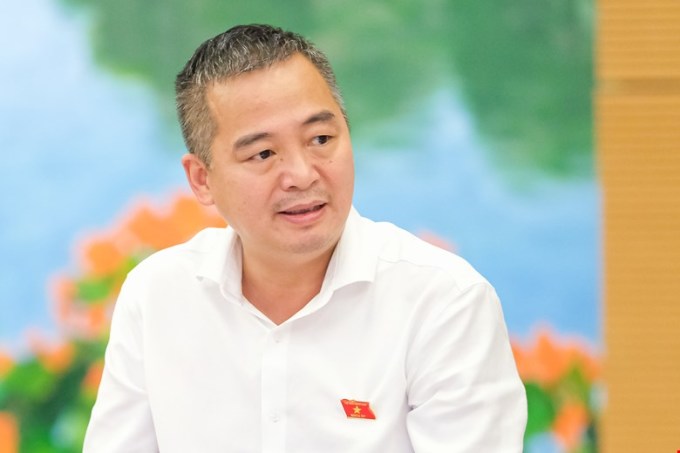
Associate Professor Nguyen Lan Hieu. Photo: National Assembly Media
Third, the Covid-19 situation in the world has stabilized. In early May, WHO declared the Covid-19 pandemic no longer a global health emergency.
These are three basic and necessary conditions for Vietnam to move Covid-19 from group A infectious diseases (especially dangerous diseases that can be transmitted very quickly, spread widely, have a high mortality rate or have unknown pathogens) to group B (dangerous infectious diseases that can be transmitted quickly, can cause death) and declare the end of the epidemic.
- After declaring the end of Covid-19, how should anti-epidemic recommendations change?
- When Covid-19 is no longer a group A infectious disease, it should be considered a specialized disease and treated like other specialized diseases. People infected with Covid-19 can go to specialists for examination and treatment. Payment should also be treated like other diseases, meaning that it is covered by health insurance or self-paid medical examination services.
Regarding vaccination, with the rapid and continuous changes of virus strains as it is now, research and recommendations from scientists and epidemiologists are needed. Currently, there are no necessary recommendations, but I suggest that only booster shots should be given to very high-risk populations, because Vietnam has covered two basic doses for the population aged 12 and over. We should no longer maintain mass and periodic Covid-19 vaccination as before.
Experts should only recommend that people wear masks in high-risk places such as hospitals, crowded places in closed environments, to prevent Covid-19 and other infectious diseases such as seasonal flu.
- How should Vietnam prepare to adapt to the post-Covid-19 period and respond to possible pandemics?
- After three years of fighting the pandemic, we need to learn from past successes and mistakes. The Covid-19 pandemic has shown that there are people who have tried their best during the pandemic, but then extremely unfortunate things happened.
Therefore, Vietnam needs to urgently prepare necessary materials, legal documents, procedures, and instructions to better respond to possible future pandemics or the possibility of Covid-19 re-emergence.
I propose that the Ministry of Health soon issue a document guiding the use of medical supplies and equipment that were prepared to fight the epidemic in the past, to help hospitals have the capacity to maintain regular medical examination and treatment. The Ministry should let hospitals and localities decide on their own usage to avoid wasting equipment that has been purchased with a lot of money.
The 21st century is forecast to change disease patterns a lot. The Covid-19 pandemic has passed, but the consequences left behind may still make many people afraid, but we must not forget the important task of responding to the leading non-communicable diseases that cause death today such as cardiovascular disease and cancer.
The State needs to allocate resources in a balanced manner to both ensure better health care for the people and to be able to respond well to possible pandemics.
On May 18, the Government Office conveyed the Prime Minister's instructions, requesting the Ministry of Health to prepare documents to transfer Covid-19 from group A infectious disease to group B and declare the end of the epidemic in Vietnam.
The Government leader assigned the Ministry of Health to prepare the content and program, and coordinate with the Government Office to organize a meeting to announce the end of the tasks of the National Steering Committee for Covid-19 Prevention and Control.
The Ministry of Health is responsible for developing a sustainable control and management plan for the epidemic in the 2023-2025 period, based on the recommendations of the World Health Organization (WHO) and the actual situation of the Covid-19 epidemic in Vietnam.
Viet Tuan
Source link




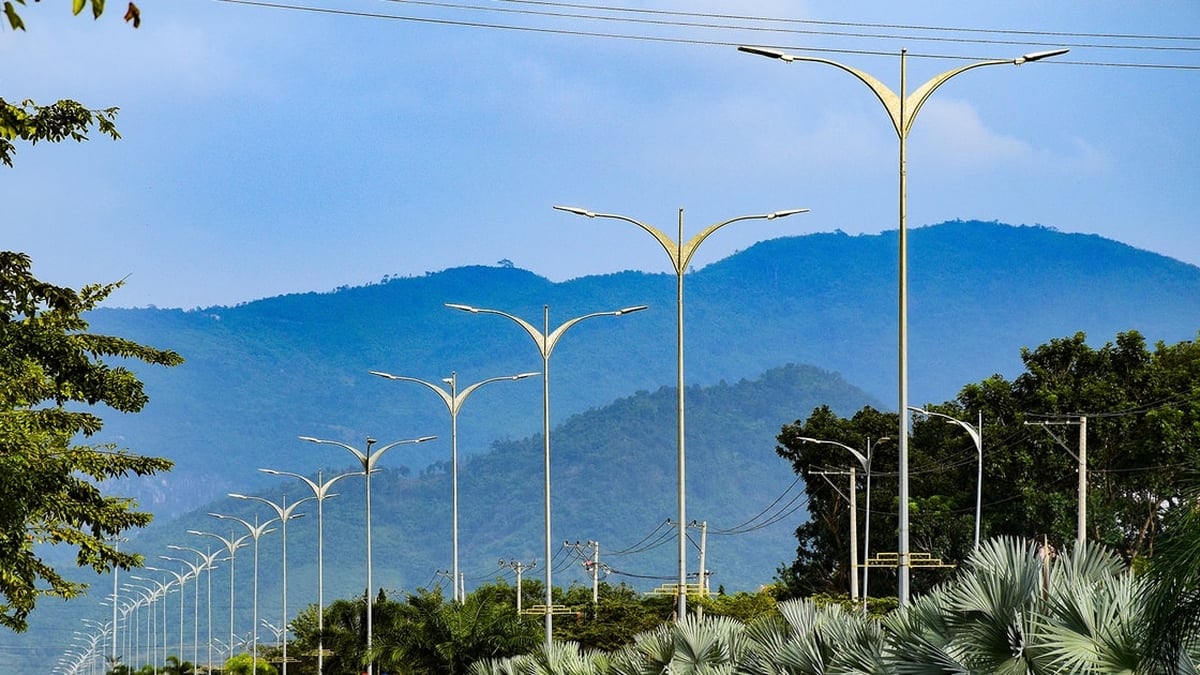
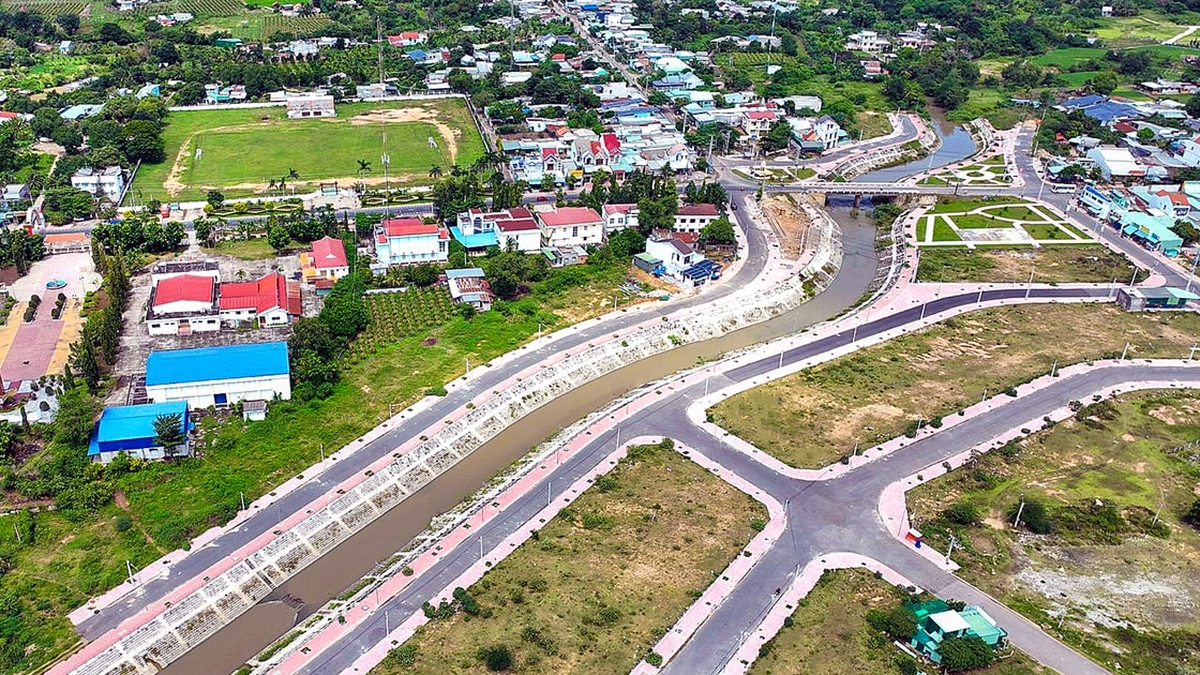
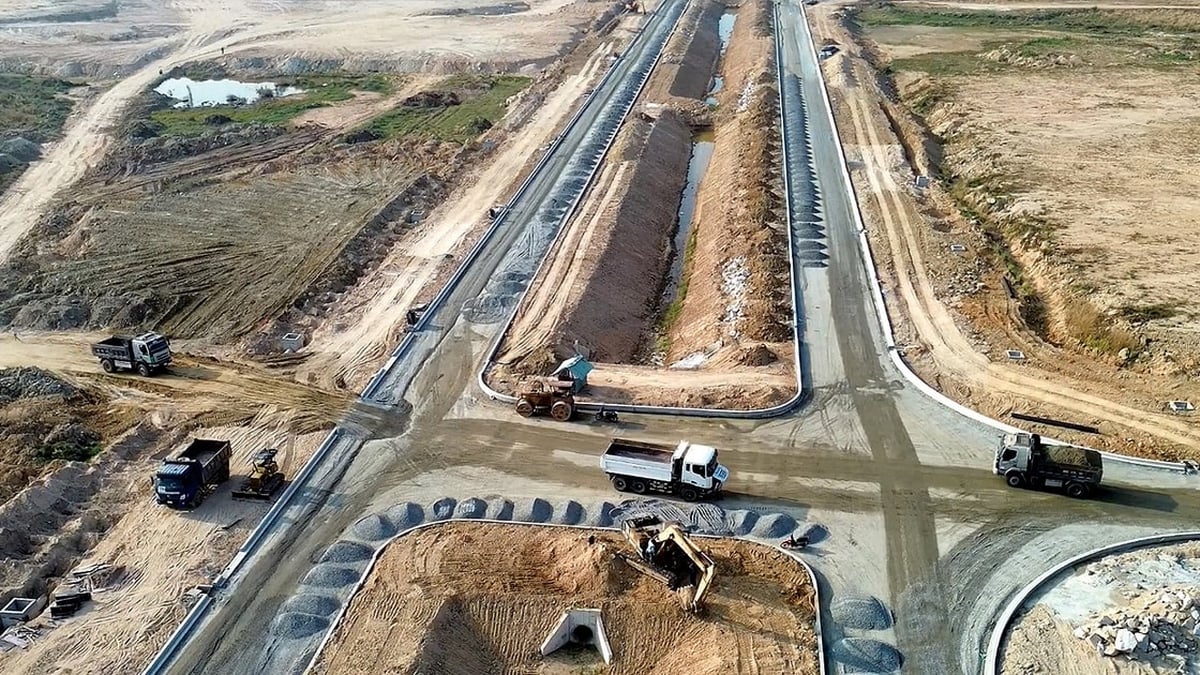



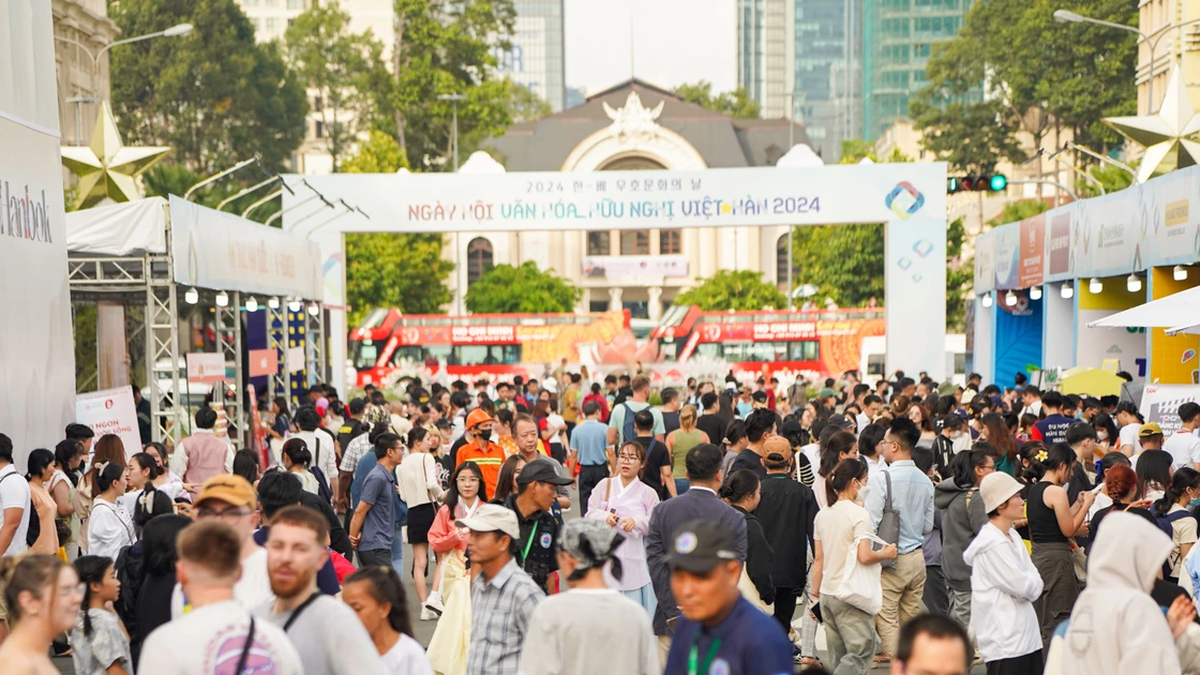












![[Photo] Signing of cooperation between ministries, branches and localities of Vietnam and Senegal](https://vphoto.vietnam.vn/thumb/1200x675/vietnam/resource/IMAGE/2025/7/24/6147c654b0ae4f2793188e982e272651)
















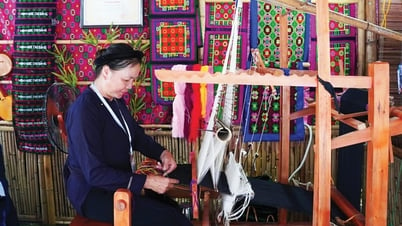

















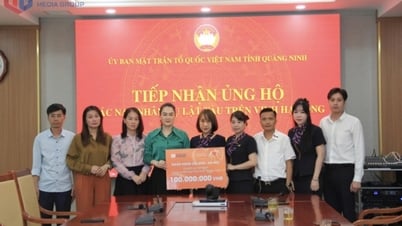





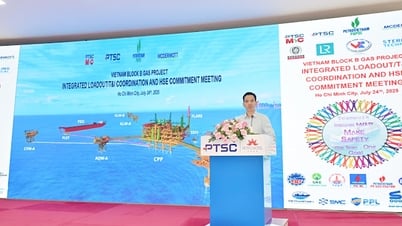


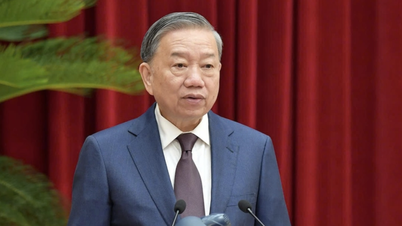

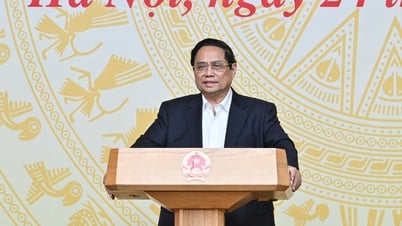





















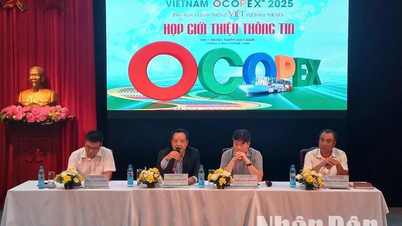

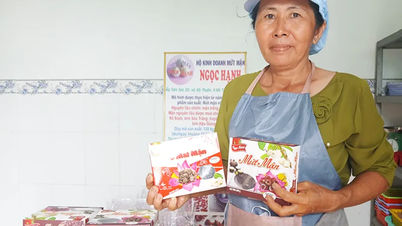





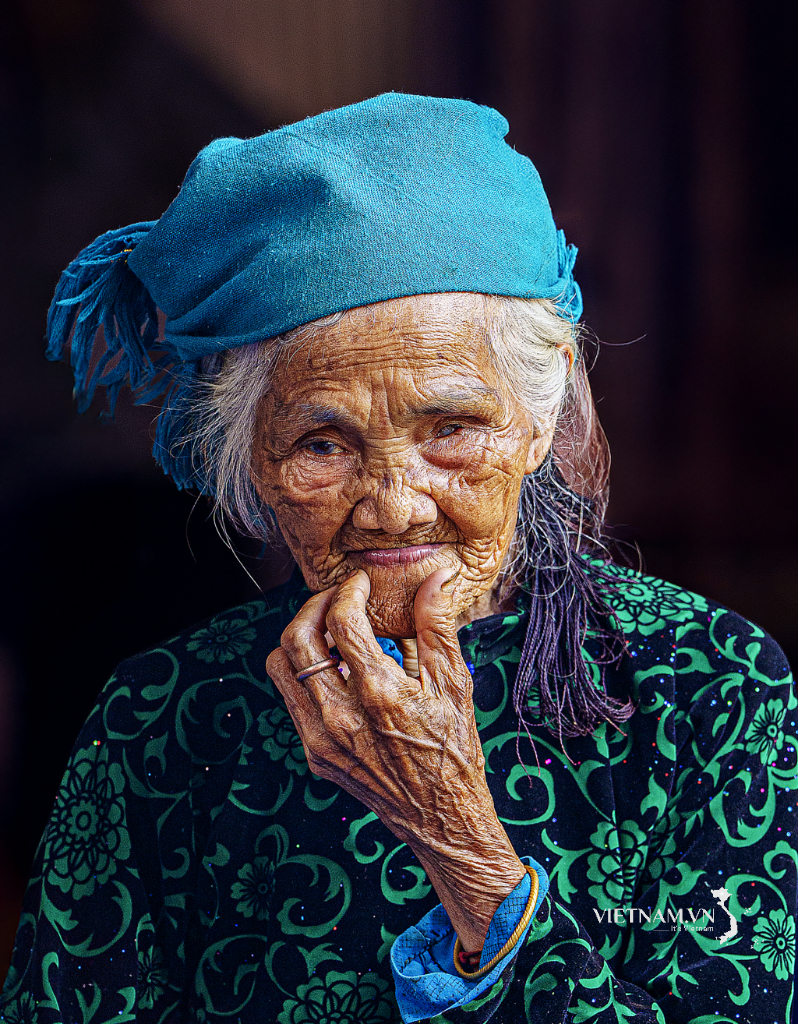
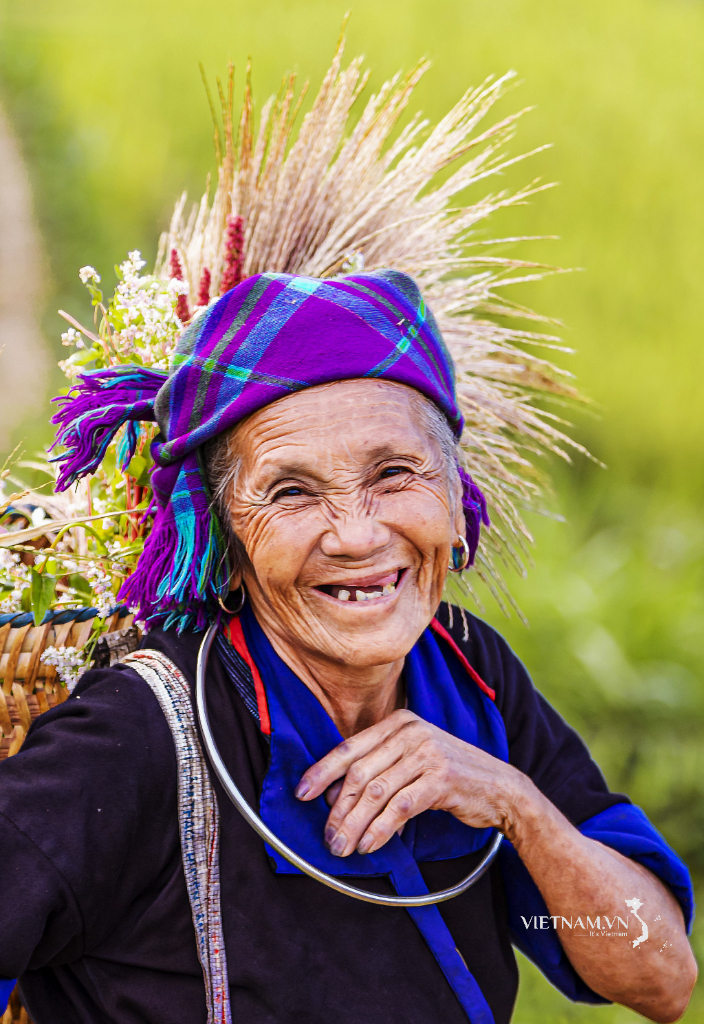


Comment (0)